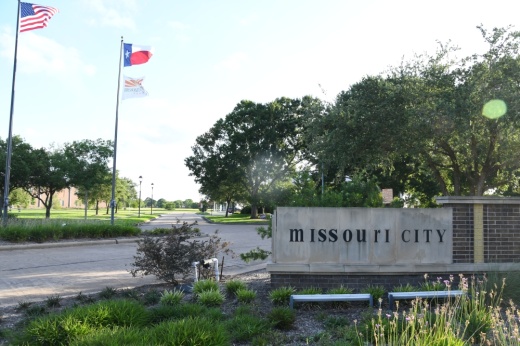At the May 15 City Council special meeting, Jon Hockenyos—president of TXP Inc., a public policy and economic analysis firm—presented a report to council showing the city’s unemployment rate has reached near prepandemic levels, and housing prices have surged. However, other more impactful economic indicators of a potential recession are looming.
Hockenyos estimates the city's unemployment rate will reach near prepandemic levels within this calendar year. The report estimated the unemployment rate is at 3.8%, a considerable decrease from the 8.1% unemployment rate the city experienced in 2020.
“I think the bottom line is that we're growing,” said Mayor Robin J. Elackatt. “I rather have our citizens spend their money in their own city where it helps sustain jobs, keep those businesses going and help those invest back into their own city.”
According to the U.S. Bureau of Labor Statistics, this trend can be seen across the country with a continued gradual decrease in unemployment nationwide.
"No question in terms of the opportunity in the labor market, right now is a good time to be a worker. People are willing to pay you what you need because they need you," Hockenyos said.
However, Hockenyos estimates that unemployment will rise to 4.4% by the end of 2024. This potential rise could be attributed to rising interest rates and inflation, Hockenyos said.
“Inflation remains elevated; it has cooled off a little bit, but most of the cooling off has been in things like food and energy; services have remained relatively elevated. Fundamentally what has driven inflation right now is rising wages,” Hockenyos said. “Wages are rising, partly because we don’t have enough people to do our jobs."
This surge in inflation illustrates that the Missouri City economy may not be as healthy as it looks on the surface, Hockenyos said.
The low unemployment rate and new housing availability may mask more severe underlying economic threats, such as rising inflation and interest rates, Hockenyos said.
However, the average home sale price in Missouri City has doubled within the past four years. As of February, the city reported the average sale price of a home to be $428,700, a 113.3% increase compared to $201,000 in February 2019.
Missouri City is also experiencing a new surge in overall housing availability, the report said. According to the report, as of February, 2.3 months worth of houses are available for sale per the trending pattern of sales in the city. However, in February 2018 there was only 0.8 months worth of homes for sale relative to the same sales trends.
"Six months of housing availability is a stable market," Hockenyos said.
Additionally, the report said interest rates and inflation will continue to rise and directly affect the Missouri City housing market. Aside from the current positive economic indicators, such as nearly prepandemic employment rates, “the threat of recession is still present,” Hockenyos said.
“Federal stimulus is gone, unprecedented level of pent up demand is way past its peak, monetary policy obviously has tightened up considerably, inflation has surged, and consumer expectations are at historic lows. That all adds up to recession,” Hockenyos said.





